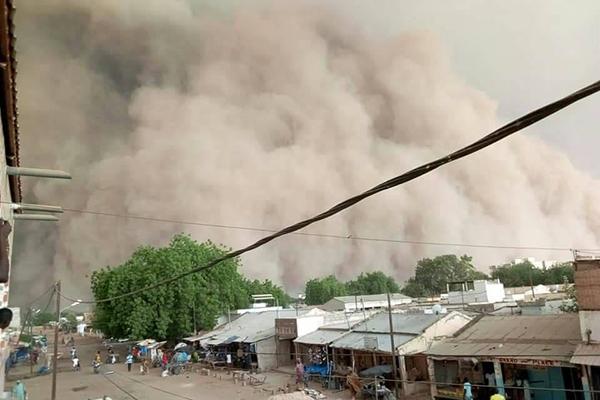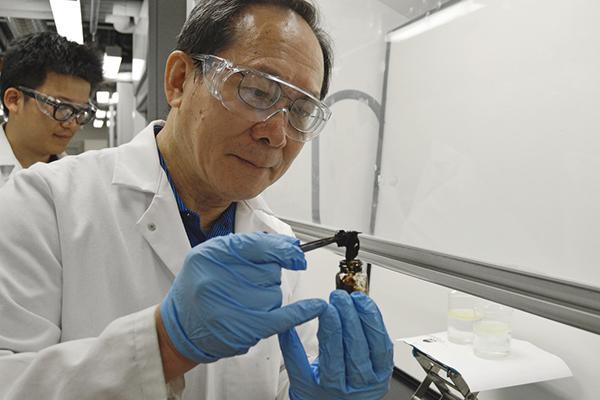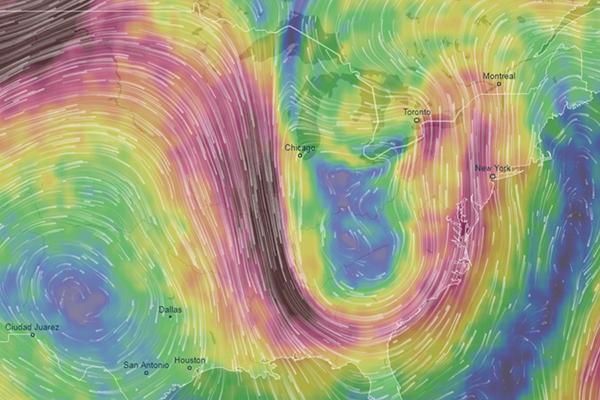Read the latest news about research conducted by investigators in the College of Earth and Mineral Sciences. Our faculty and students are continually advancing technology, creating solutions and expanding knowledge with new and innovative research.
An $800,000 grant from the U.S. Department of Energy will allow Penn State researchers to investigate a new approach for removing rare-earth fission products from the molten salt baths where used nuclear fuel is electro-refined to recycle uranium and minimize nuclear waste.
Dramatically longer-lasting, faster-charging and safer lithium metal batteries may be possible, according to Penn State research, recently published in Nature Energy.
Penn State researchers are developing a range of innovative technologies to harvest the sustainable energy of natural processes to power our future.
Penn State researchers are working on new technology to capture CO2 before it gets into the atmosphere and either sequester it or use it to create new products.
Almost 40 percent of the energy we use goes to heat, cool, light, and power appliances in the buildings where we live and work. Penn State is a global leader in making its buildings more energy efficient through green design and sustainable construction practices.
Penn State scientists, policy experts, and physical plant managers are exploring how to navigate the transition from fossil fuels to renewable energy sources so we can get the greatest value out of the green technologies that are becoming available.
The past few years have brought a surge in battery technology. Here’s a sampling of how Penn State researchers are changing the battery landscape.
Research that models nearly 60 years of air quality in West Africa could lend insights into better forecasting a hazard that affects more than 350 million people in the region, according to an international team of researchers.
A super-absorbent material developed by Penn State scientists could dramatically reduce the environmental impact of oil spills on oceans and allow recovered oil to be refined normally.
Continued burning of fossil fuels is likely to fuel even more extreme summers than that of 2018 because of its impact on the jet stream.












